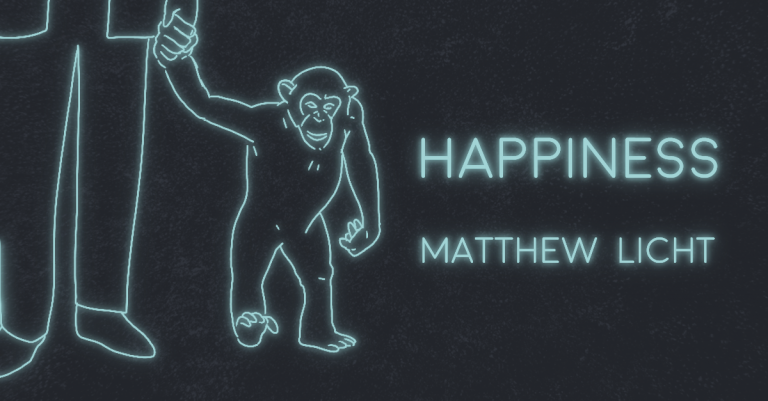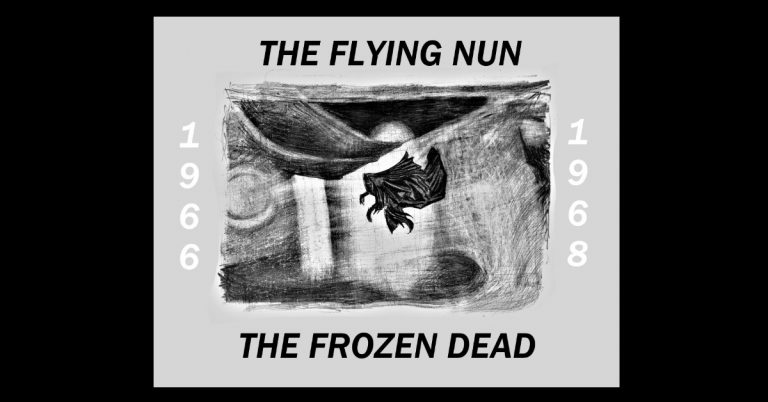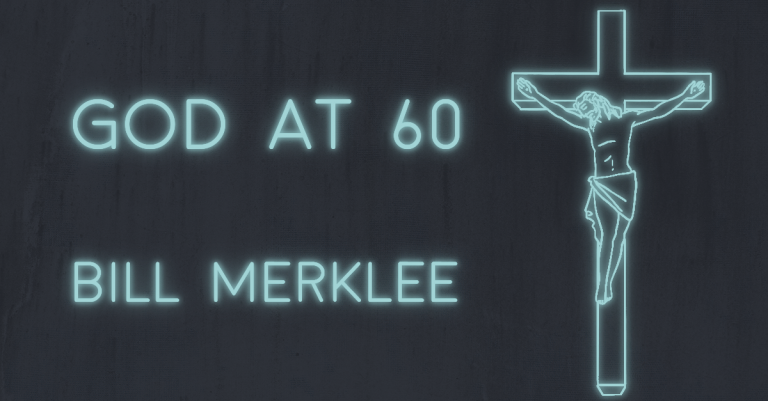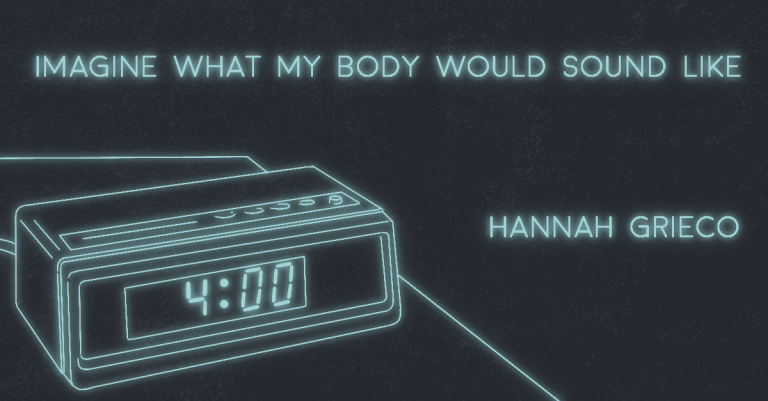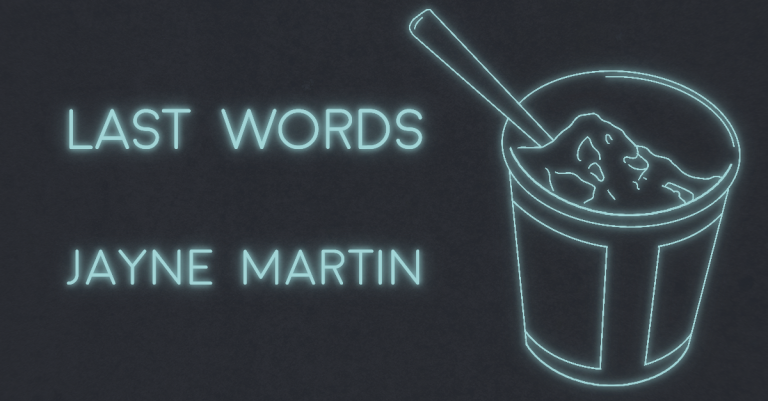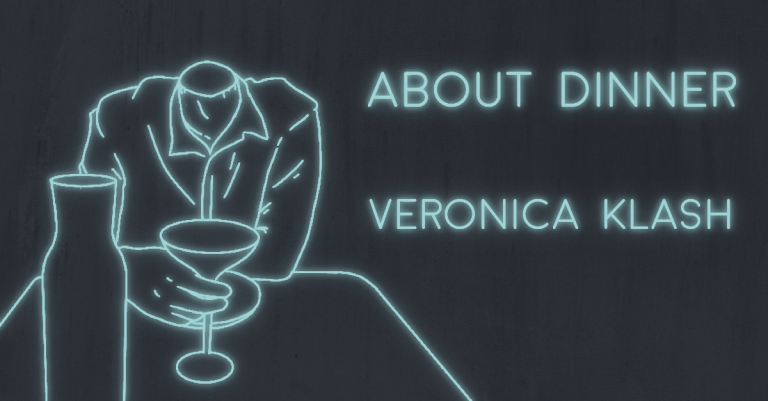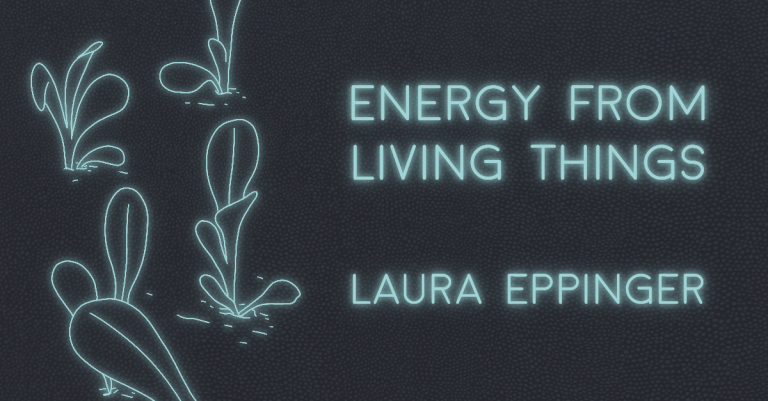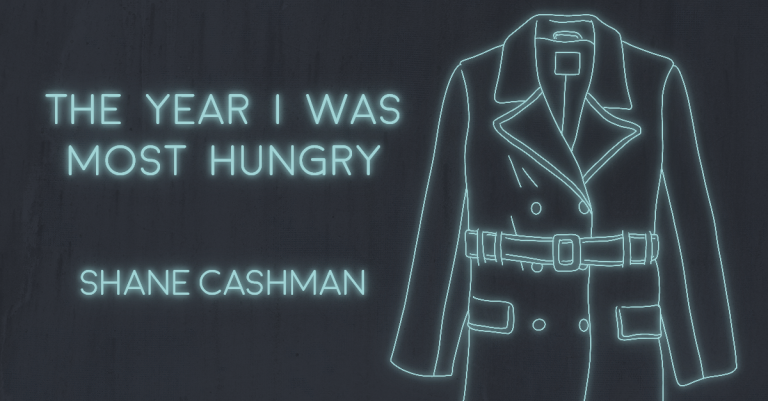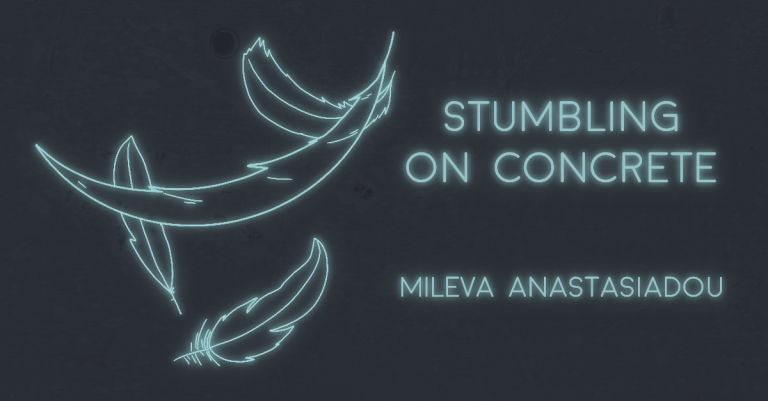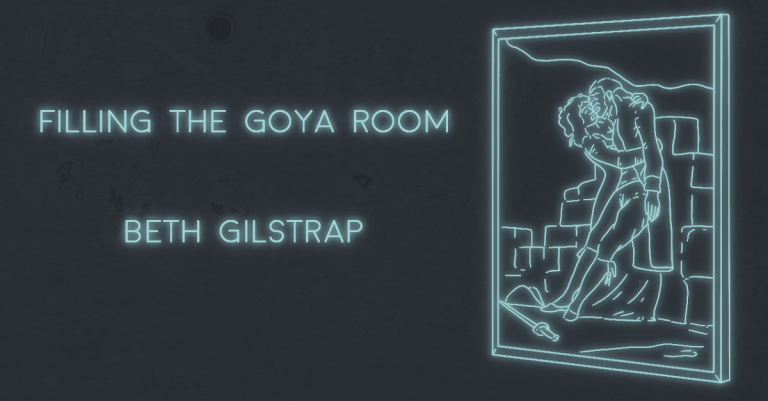
FILLING THE GOYA ROOM by Beth Gilstrap
One wouldn’t think my hands would sweat the way they do walking adjacent to you, with your khakis, too short and wrinkled, but here we are. Since day two of the retreat, your various states of beard have complicated my hair and makeup routine, my mind equally untidy. By day eight, we wander through the Carnegie Museum. Stand for photos under moose. Stare at fossils. Lives preserved in amber. Hooves dug from ice. Hulking jawbones. Wings cast in plaster and reassembled with unknowable screws and fishing line, hanging above our heads. We are long married to other people. My elbow

